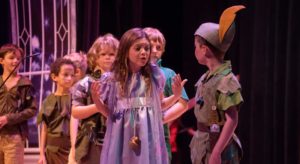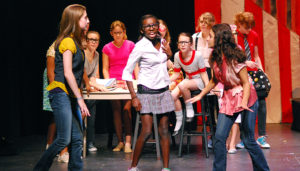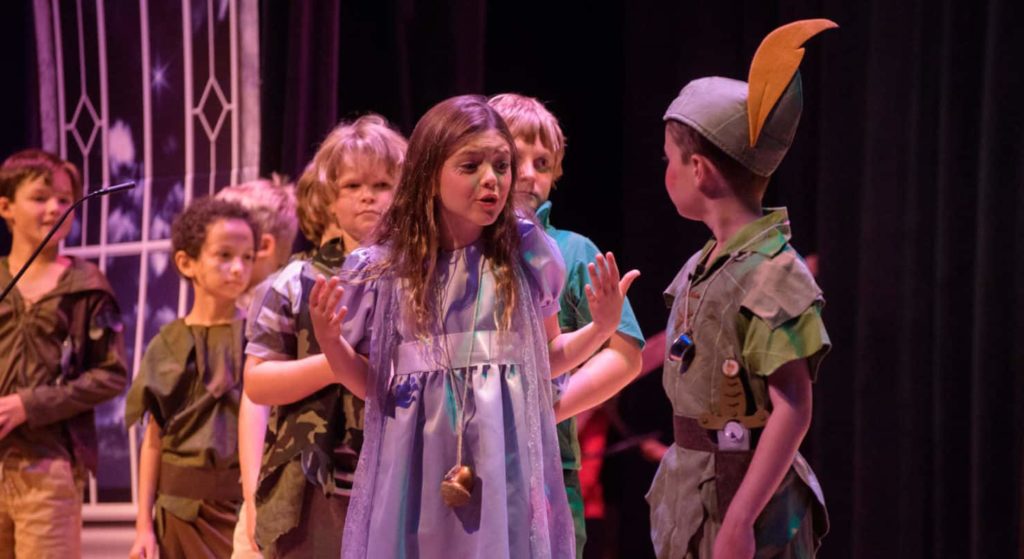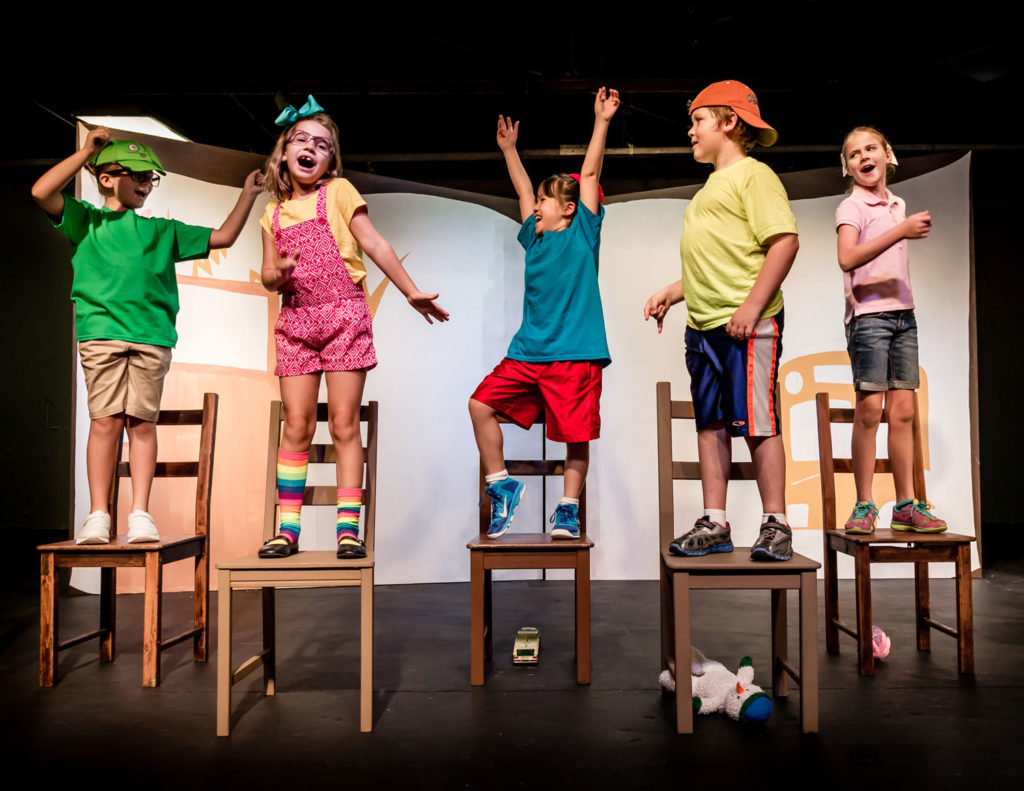
The best theater workshops for learning English may vary depending on individual preferences, location, and available resources. However, here are some types of theater workshops that can be particularly effective for English language learners:
- ESL Drama Workshops: These workshops are specifically designed for English as a Second Language (ESL) learners. They integrate language learning with drama exercises, improvisation, and role-playing to improve language skills in a fun and interactive way.
- Theater Games and Improvisation: Workshops that focus on theater games and improvisation provide a creative and supportive environment for learners to practice their English spontaneously. These activities encourage participants to think on their feet and communicate in real-life scenarios.
- Play Reading and Analysis: Reading and analyzing plays written in English can help learners understand the language in context. Workshops that involve reading and discussing scripts, characters, and themes enhance language comprehension and vocabulary.
- Monologue and Dialogue Practice: Workshops that involve practicing monologues and dialogues from plays or original scripts help learners improve pronunciation, intonation, and expressiveness in English.
- Theater Productions and Performances: Participating in theater productions or attending English-language plays can immerse learners in the language and culture. This experience allows them to observe native speakers’ language use and practice performing on stage.
- Storytelling and Narration: Workshops that focus on storytelling and narration enable learners to develop their narrative skills in English, improving their ability to communicate effectively and engage an audience.
- Physical Theater and Body Language: Physical theater workshops emphasize non-verbal communication, body language, and facial expressions. These workshops can help learners express themselves more effectively when words may not be enough.
- Musical Theater Workshops: For learners who enjoy music and singing, musical theater workshops offer an opportunity to practice English through song, dance, and performance.
- Film and TV Acting Workshops: Workshops that explore acting for film and television can help learners improve their spoken English while gaining insight into different speaking styles and accents.
- Creative Writing and Scriptwriting: Engaging in creative writing or scriptwriting workshops allows learners to develop their language skills by creating original content in English.
When choosing a theater workshop for learning English, it’s essential to consider the level of language proficiency required, the age group of participants, the workshop’s focus, and the qualifications of the instructors. Look for workshops that offer a supportive and inclusive learning environment, where participants feel comfortable taking risks and experimenting with the language.

Additionally, online platforms and local community centers often offer theater workshops catered to language learners, so explore available options in your area or online.
As children grow into teenagers, their language learning process undergoes several changes due to cognitive, social, and emotional developments. Here are some of the key ways in which language learning evolves during this stage:
- Cognitive Development: Teenagers’ cognitive abilities become more advanced, enabling them to think abstractly and critically. This cognitive maturation allows teenagers to engage in more complex language tasks, such as understanding and using figurative language, analyzing literary texts, and grasping abstract concepts.
- Formal Education: As teenagers progress in their education, they receive formal language instruction in school. This structured learning environment introduces grammar rules, writing skills, literary analysis, and more advanced vocabulary, further enhancing their language abilities.
- Increased Exposure to Formal Language: Teenagers are exposed to more formal language in academic settings, in media, and when interacting with adults. This exposure to more complex and sophisticated language contributes to their language development.
- Peer Influence: Teenagers are heavily influenced by their peers and often adopt language trends and slang used within their social circles. This can lead to variations in language use as they seek to fit into their peer groups.
- Identity and Language: Language becomes an essential part of a teenager’s identity. They may experiment with language to define themselves or to express their unique personalities, interests, and beliefs.
- Language Specialization: As teenagers explore their interests and career aspirations, they may begin to focus on specific fields or subject areas. This specialization can lead to learning domain-specific language and terminology.
- Increased Writing Proficiency: Teenagers develop better writing skills, which involves organizing their thoughts coherently, using more complex sentence structures, and incorporating literary techniques.
- Bilingual/Multilingual Abilities: In cases where teenagers have be
en exposed to multiple languages from an early age or through language education, they may become more proficient in bilingual or multilingual communication. - Critical Language Awareness: Teenagers become more aware of the nuances and cultural implications of language. They may critically analyze language use, stereotypes, and biases in society and media.
- Language for Social and Emotional Expression: Teenagers use language to express emotions, form social bonds, and navigate complex social interactions. They may develop a more sophisticated emotional vocabulary.
- Increased Autonomy: As teenagers gain more independence, they have more opportunities to engage with the world on their terms. This autonomy can lead to seeking out language learning opportunities that align with their interests and passions.
Overall, the language learning process during adolescence is characterized by a deeper engagement with language, greater autonomy in learning choices, and an increasing awareness of language’s role in shaping identity, social relationships, and academic success.


